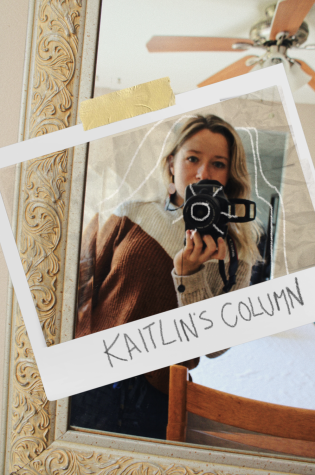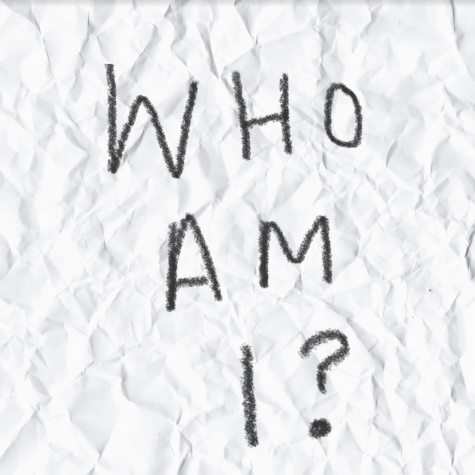Finding my personality
Mar 25, 2021

If you are like me, then you love a good personality test. Answering a series of questions and receiving a generic statement that describes you well brings a great sense of validation.

And no, I am not only talking about Buzzfeed’s light-hearted quizzes that will tell you what type of alien you are based on your favorite ice cream. I am talking about the infamous Myers-Briggs and Enneagram personality tests. These tests pose a series of questions to determine what type of person you are. According to the Myers-Briggs scale, there are 16 personality types. The Enneagram test, in contrast, includes only nine different personality types.
The Myers-Briggs test determines whether you are extroverted or introverted, intuitive or observant, thinking or feeling, and judging or prospective.
Being able to identify with a certain personality used to give me a sense of purpose and self-validation. The label made me feel normal and somehow still so unique, as if I could be best friends with all the people who tested the same as me. It would be as if we were all part of some tribe.
I remember taking the Myers-Briggs test in high school as a way of determining which type of job would align with my personality. Back then, my test results came out as an “ENFJ.” This four-letter label represents someone who is a “natural born leader.”
Now, I see that my personality has changed, and I test differently in every single category. I am currently categorized as an “ISFP” or the “adventurer.”
Reading each description, I certainly see how I could fit, at a given time, into each box. I think this is because we can’t be defined by just one personality. We change and evolve. These adjustments to our personalities can happen overnight or over a span of years.
I sought out a sense of validation through the Enneagram test too. Out of the nine personality types, I tested as a type four. According to the website Truity, type four is described as someone quirky and endearing, passionate about self-expression and strong in their sense of self. This description is quite ironic for someone who takes the time to analyze the meaning behind seeking validation through online personality tests.
I find the same sense of belonging and appreciation for my uniqueness when reading up on astrology. I am not extremely educated about birth charts and the planets, but there is something special about the uber-specific details you can align with the time you were born.
Paying attention to how highly I regarded the descriptions on my birth chart, I realized that these explanations were filling a gap for me. I needed to feel like I had a personality.
Our tendencies toward these assessments and labels are indicative of our need to feel like we are exceptional but also normal. It is as if we need to feel like there is something different about us but that we belong to a group of people like us at the same time.
I don’t know the validity of these tests or astrology, but I find it fun to examine external factor’s impact on my personality and how I have evolved over time. While it is not necessarily harmful to label yourself, if it is something you are comfortable with, I think it can be confusing to hear that your personality test results do not align with your self-imposed identity.
Taking these personality tests can grant you a sense of identity, but remember, they do not define you.












